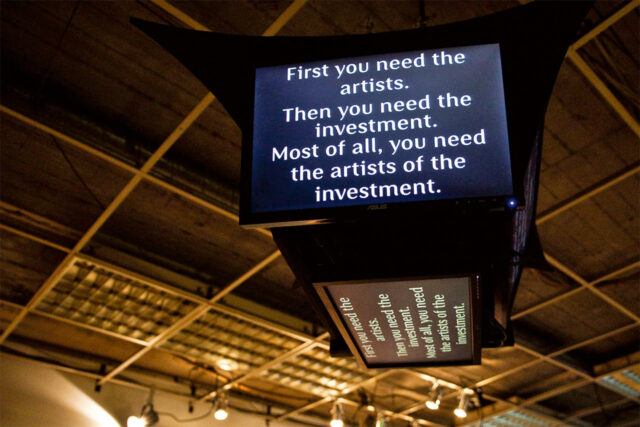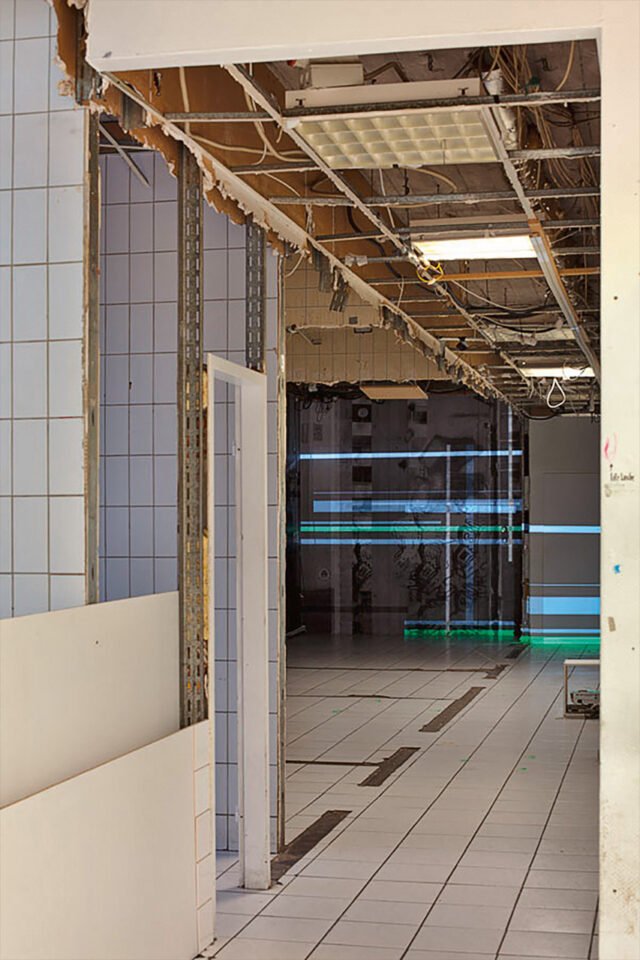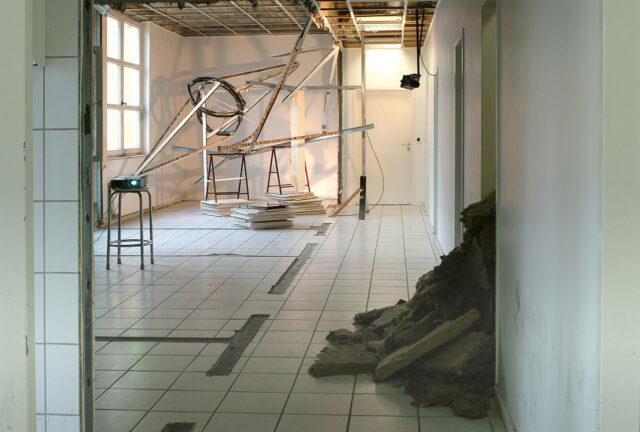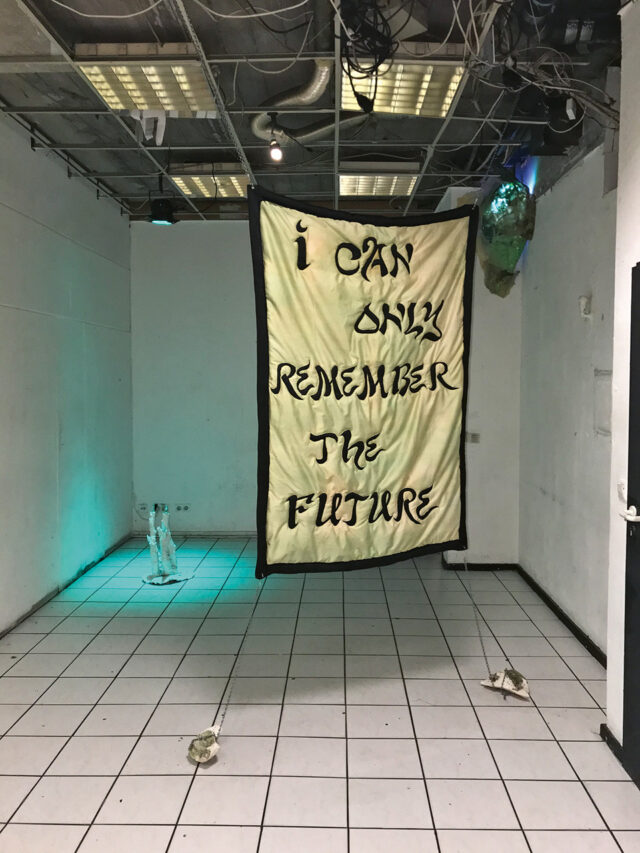
KNICK-KNACK TO THE FUTURE Concept Store Performance von copy & waste, 2015, Foto: Stephan Kallage

„White Wash“, mit Astrid Busch, Alexandra Schumacher, Kym Ward, 2014, Foto: Stephan Kallage

Foto: NOrthEurope/WestGermany, Stephan Kallage

Foto: NOrthEurope/WestGermany, Stephan Kallage